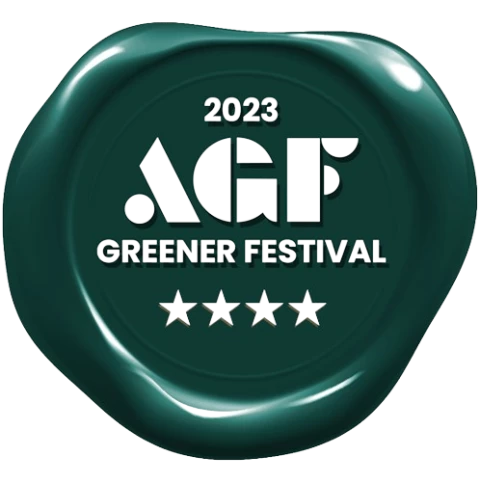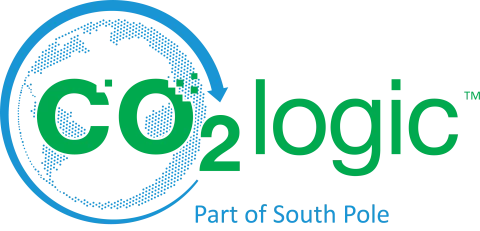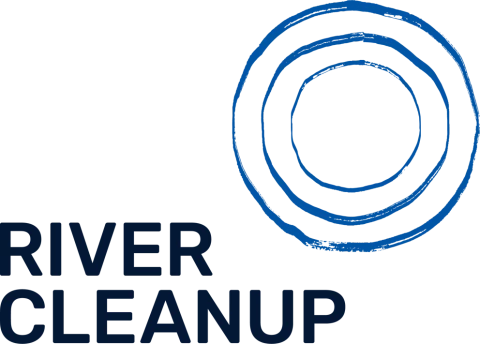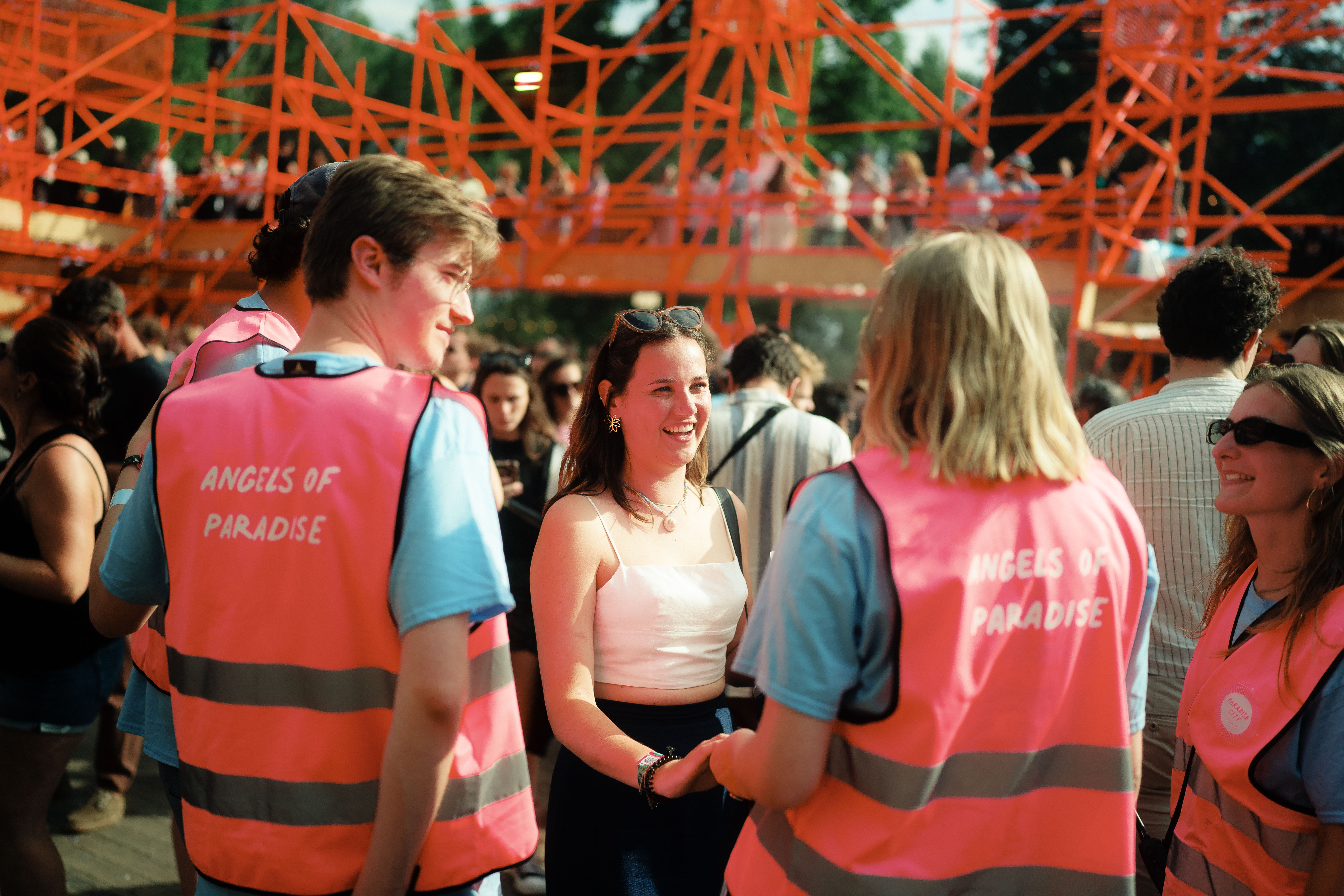We are optimists, and we think the future can be bright if we put in the effort. We must take sustainability seriously, knowing that a music event can negatively impact the surrounding air, soil, water, resources, and inhabitants. That's why we think it's important to lead by example, improve ourselves year after year, and know that we still have a long way to go.
This year, Paradise City was lauded as the world's most sustainable music festival at the International AGF Awards, which recognize the most innovative and impactful efforts towards sustainability across various categories, including power, water, food, travel, and community. We distinguished ourselves by excelling in all these domains, earning the highest accolades for its tireless commitment to environmental stewardship and progressive initiatives.
For more details and data about our sustainability efforts, we kindly direct you to CO2 Logic's extensive reporting here.
Through socially responsible entrepreneurship, we strive to achieve our vision by inspiring our visitors and partners to take action in their own lives and communities, ultimately leading to a more sustainable future for all.


















